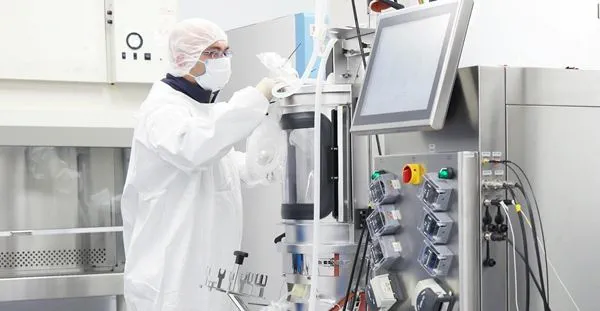Innovation was a key theme of the ISPE Europe Annual Meeting in Lisbon, Portugal, in early April. The keynote sessions exemplified this with presentations ranging from new product approvals to sustainability to artificial intelligence.
Of particular note were the presentations by Iovance Biotherapeutics on the successful commercialization of the first approved TIL (Tumor Infiltrating Lymphocyte) therapy and by NVIDIA on practical implementations of Artificial Intelligence in Pharma.
At Arcadis, innovation was also the theme of our speaking presentation as we discussed “Advances in Gene Editing and Impact on Facility Design.” With the approval of the first gene-edited therapy at the end of 2023, a collaboration between Vertex Pharmaceuticals and CRISPR Therapeutics, interest in gene editing technologies such as CRISPR has skyrocketed (FDA Press Release). Interest in gene-editing technology was evident by a very full audience of ISPE attendees and an abundance of questions after the presentation.
The presentation started with an overview of the history and development of gene editing technologies, including CRISPR and Zinc Finger Nucleases (ZFNs), Transcription Activator-Like Effector Nucleases (TALENs), and Base Editing. The highlight of the presentation was a case study where we looked at a facility designed to produce gene-editing therapies utilizing a range of modalities, including oligonucleotide, mRNA IVT (in-vitro transcription), LNP (lipid nanoparticle), and viral vector manufacturing, all co-located under a single roof. The case study was evaluated for critical design considerations, including segregation, biosafety level, and hazardous material and code requirements.
At Arcadis, we are actively working with our clients to design innovative facilities that bring new life-saving technologies including gene editing to market.
Need help with an upcoming project? Contact us today.




